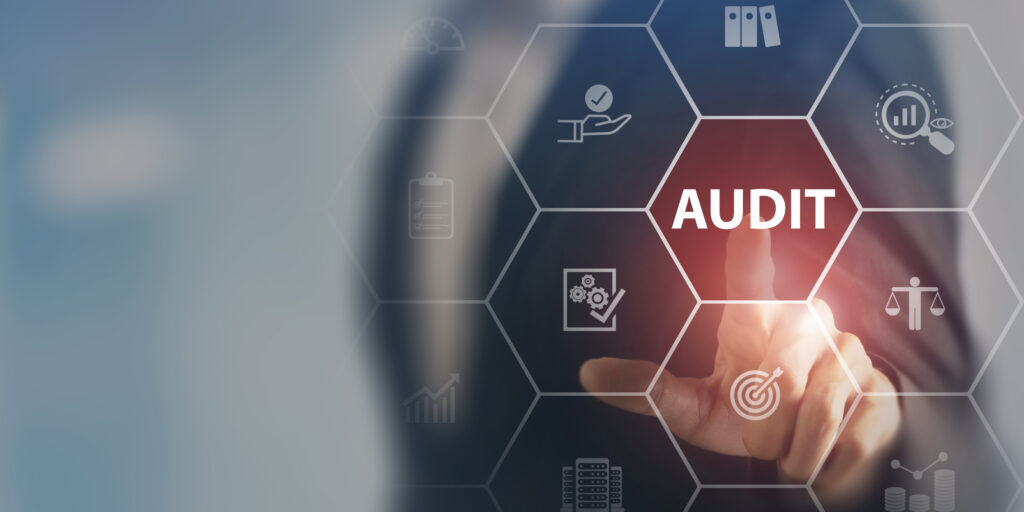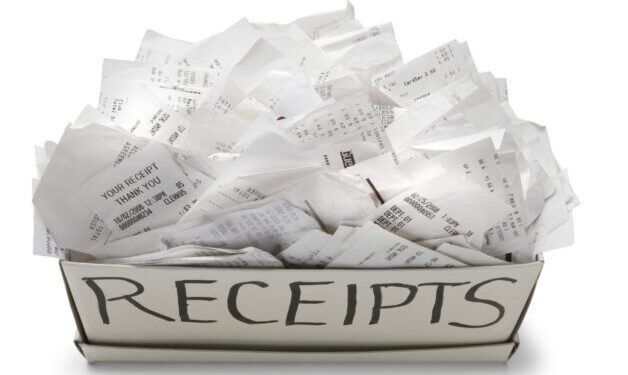
April 15th, 2025
Short-term Rentals & GST/HST: The Hidden Tax Trap on Condo Sales
Switching to and from Airbnb or another form of short-term rentals can result in a GST/HST bill when a condo is sold or there is a change in use.
Posted on July 5th, 2024 in Domestic Tax

Often taxpayers are audited by the Canada Revenue Agency (CRA) and end up being surprised when some or all of their expenses are disallowed. Many times this could have been avoided with proper documentation. In this article, we will look at some common issues the CRA has with respect to claiming of expenses and the related documentation.
In general, expenses are deductible if they are incurred for the purpose of earning income from business or property, and are reasonable in the circumstances. Too often taxpayers attempt to deduct personal expenses from their business income.
Bank statements and credit card statements are not sufficient evidence for a CRA auditor. You need to keep invoices that detail what was purchased.
Receipts are the major supporting documents because they provide information such as the date/time, location, and the amount paid. Since there can be a definite personal aspect to these expenditures, the CRA also expects an explanation on how those meals and entertainment expenses relate to your business income. Therefore, you should document the following information on each receipt:
If you do not have adequate supporting documents, the CRA could disallow the expense.
When you have self-employed income, the CRA allows you to take a deduction for costs associated with your vehicle. The deduction is based on the number of kilometres you travel in your vehicle for business-related activities.
To calculate your deduction properly, you will need to keep track of your trips throughout the year, and also hang on to any receipts for vehicle-related purchases, in the event of a CRA review. To claim this deduction, the CRA requires you to keep a full logbook that journals your travel activities. Your logbook should list the odometer reading on the first day of the tax year (or the odometer reading on the first day you decided to start using your vehicle for business), and the odometer reading for the last day of the tax year. Then for each trip, note the date, the kilometers travelled, the address or destination of your travel and the business purpose for the trip. From your logbook, at the end of the year, you will be able to determine the total kilometers travelled and the number of kilometers travelled for business purposes, and thus the total percentage use for business use. To determine your tax deduction, you apply this percentage to your total vehicle costs including:
Self-employed individuals often carry out at least a portion of their business activities at home. In order to claim home office expenses, you must meet one of the following requirements:
If you are an employee, your employer must complete form T2200 indicating that you are required to use part of your home as an office to carry out your duties.
To determine how much you can deduct for your home office expenses, calculate the size of your office as a percentage of your home’s total size.
The rules for claiming home office expenses depend heavily on your type of employment: Both self-employed individuals and eligible employees may both claim expenses for heat, electricity, water, maintenance, and rent (if applicable). Commission employees and the self-employed may also claim property taxes and insurance. Only self-employed taxpayers may claim mortgage interest as a home office expense.
If you have maintenance costs that are related exclusively to your home office, you can deduct the entire portion of those expenses. Make sure that you keep all of your invoices to support your claim.
In some cases, you may not be able to claim the entire amount of your home office expenses in a single tax year. Both employees and self-employed individuals cannot create a loss from claiming home office expenses. The excess expenses can be carried forward and in most cases can be applied to future years.
If you do not have all of your documentation in place when the auditor calls, they may accept your oral testimony as support for the tax deductions that you’ve claimed. However, in most cases you will lose at least a portion of your expense claim. The better way and to reduce your stress, is to develop a habit of making sure that you have the right documentation in place from the start.
If you have any questions, or need assistance with claiming expenses, please contact one of our DJB tax professionals.
Drop us a line, we look forward to hearing from you.